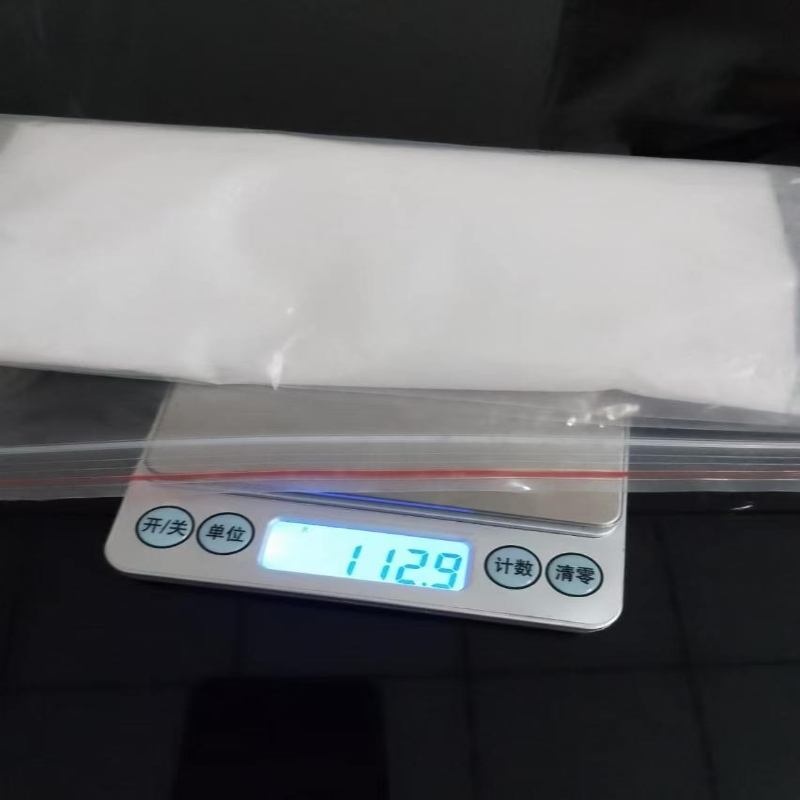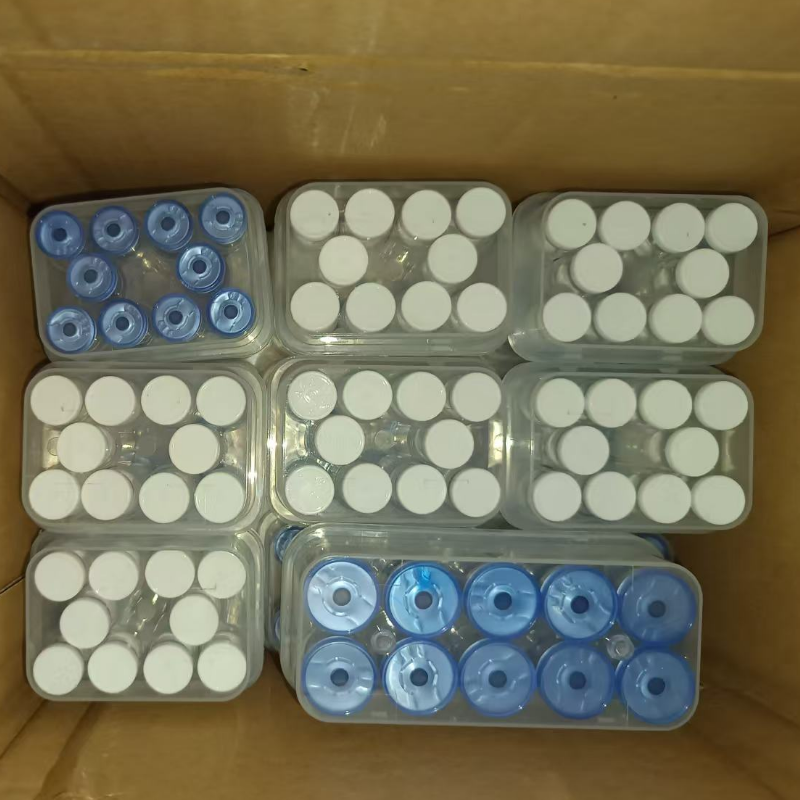-
Categories
-
Pharmaceutical Intermediates
-
Active Pharmaceutical Ingredients
-
Food Additives
- Industrial Coatings
- Agrochemicals
- Dyes and Pigments
- Surfactant
- Flavors and Fragrances
- Chemical Reagents
- Catalyst and Auxiliary
- Natural Products
- Inorganic Chemistry
-
Organic Chemistry
-
Biochemical Engineering
- Analytical Chemistry
-
Cosmetic Ingredient
- Water Treatment Chemical
-
Pharmaceutical Intermediates
Promotion
ECHEMI Mall
Wholesale
Weekly Price
Exhibition
News
-
Trade Service
Gefitinib is a drug that is used in the treatment of certain types of cancer, particularly non-small cell lung cancer and breast cancer.
It is classified as a tyrosine kinase inhibitor, which means that it blocks the action of certain enzymes that are involved in the growth and division of cancer cells.
In addition to its use in oncology, gefitinib has also been found to have applications in the chemical industry.
One of the most significant applications of gefitinib in the chemical industry is in the production of various chemicals and materials.
For example, it can be used to produce a variety of organic compounds, including amino acids, organic acids, and alcohols.
This is because gefitinib can catalyze a variety of chemical reactions, including the formation of esters, amides, and sulfonamides.
Another application of gefitinib in the chemical industry is in the production of polymers.
Polymers are large molecules that are made up of repeating units of smaller molecules.
Gefitinib can be used as a catalyst to polymerize a variety of monomers, including olefins, dienes, and styrenes.
This can be used to produce a wide range of polymers, including polyethylene, polypropylene, and polystyrene.
Gefitinib can also be used in the production of various household and personal care products.
For example, it can be used to produce surfactants, which are compounds that are used in detergents and cleaning products.
It can also be used to produce various fragrances and flavorings.
In addition to its applications in the production of chemicals and materials, gefitinib has also been found to have applications in the field of pharmaceuticals.
It can be used to produce a variety of drugs, including antivirals, anti-inflammatory drugs, and anticancer drugs.
Another application of gefitinib in the pharmaceutical industry is in the development of new drugs.
For example, it can be used to synthesize new drugs that are based on the structure of existing drugs.
This can be done by modifying the molecular structure of the drug in order to improve its efficacy or reduce its side effects.
Gefitinib can also be used to synthesize new drugs that are based on the mechanism of action of existing drugs.
This can be done by identifying the specific enzymes that are targeted by the drug and then designing new drugs that have a similar mechanism of action.
Overall, gefitinib has a wide range of applications in the chemical and pharmaceutical industries.
It can be used to produce a variety of chemicals and materials, to catalyze a variety of chemical reactions, and to develop new drugs.
As a result, gefitinib is an important tool in the development of new products and therapies in these industries.







